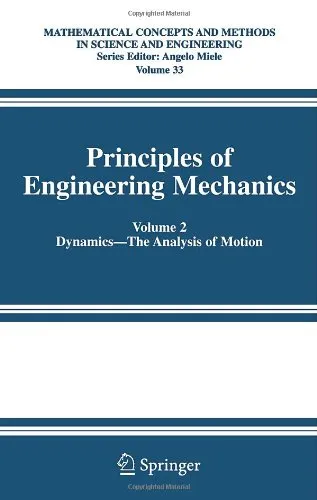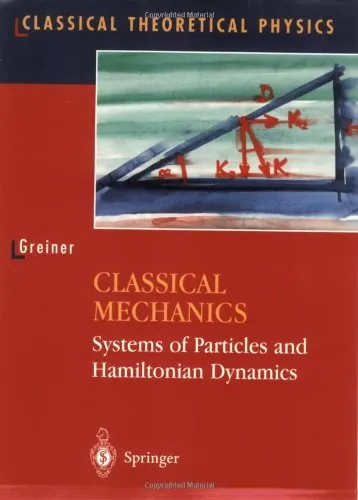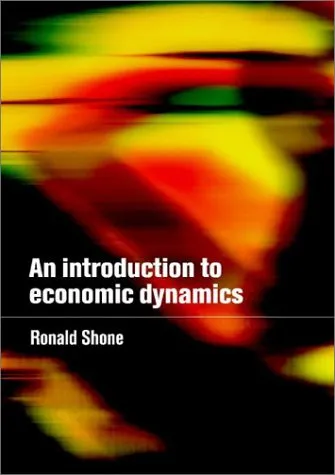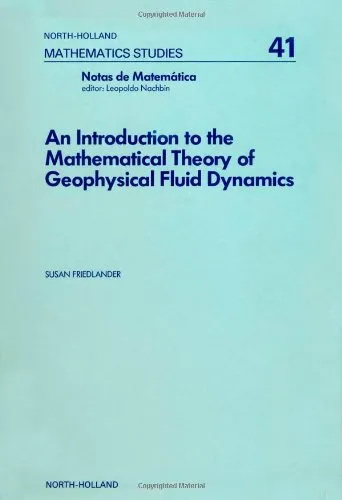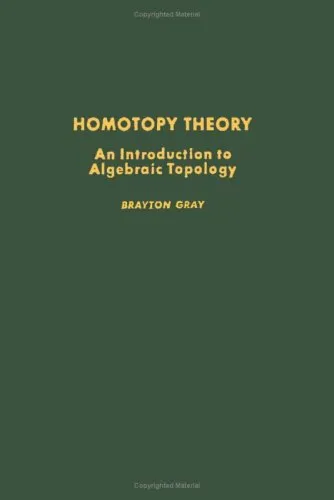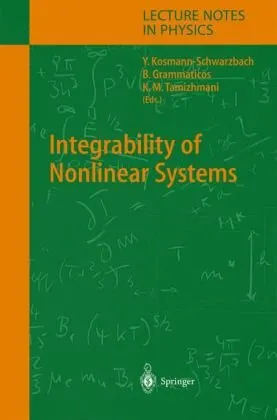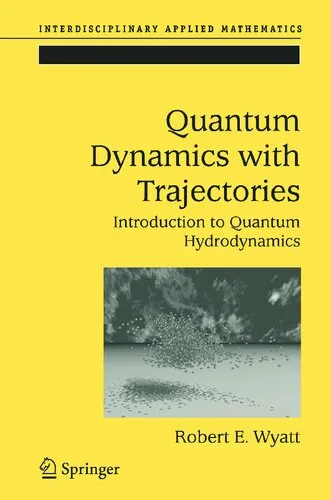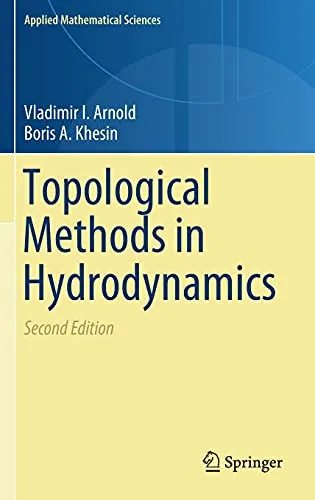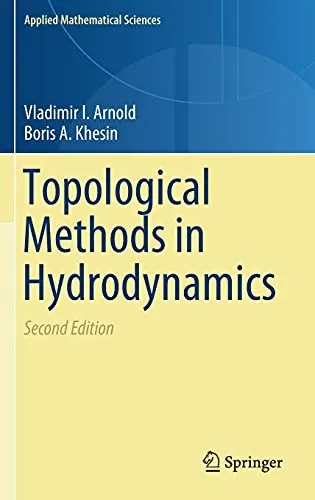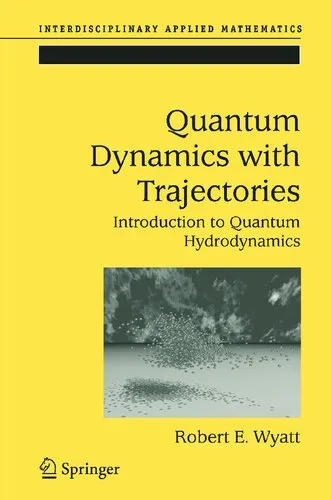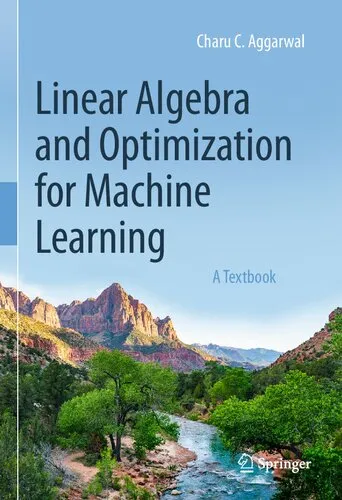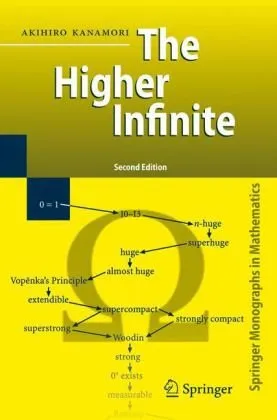Functional fractional calculus for system identification and controls
4.9
Reviews from our users

You Can Ask your questions from this book's AI after Login
Each download or ask from book AI costs 2 points. To earn more free points, please visit the Points Guide Page and complete some valuable actions.Related Refrences:
Introduction to "Functional Fractional Calculus for System Identification and Controls"
"Functional Fractional Calculus for System Identification and Controls" is a comprehensive resource designed for researchers, academics, and practitioners delving into the fascinating interplay between fractional calculus, system identification, and control theory. This book explores cutting-edge methodologies, practical applications, and problem-solving approaches that leverage the principles of fractional calculus for dealing with real-world control and dynamic system challenges.
System identification and control design are fundamental areas of study in engineering and applied sciences. Traditional approaches, while effective, often face limitations when addressing complex, memory-intensive, or non-linear systems. This book introduces a robust mathematical framework facilitated by functional fractional calculus, providing better tools for modeling, analyzing, and controlling such systems. Whether you are a student keen to grasp advanced techniques or a seasoned professional seeking innovative solutions, this book offers immense value.
Written in a clear, engaging style, the book blends theoretical rigor with practical insights. It ensures that readers, regardless of their academic or professional backgrounds, can understand and apply the concepts with ease.
Detailed Summary of the Book
The content of "Functional Fractional Calculus for System Identification and Controls" spans foundational concepts, mathematical formulations, and advanced applications in control systems engineering. Starting with an introduction to fractional calculus and its historical backdrop, the book gradually delves deeper into its functional extensions and relevance in modeling real-world systems. Emphasizing engineering systems that exhibit memory and hereditary characteristics, it explains how fractional differential equations offer an elegant and accurate representation of such processes.
The book also covers topics such as fractional order control, system stability analysis, practical implementations, and computational techniques. Special emphasis is placed on system identification, demonstrating how fractional dynamics simplify the modeling of processes where classical methods fall short. Detailed numerical examples, case studies, and step-by-step explanations make the material accessible even to readers unfamiliar with advanced mathematics. The text also addresses challenges in the field, such as parameter estimation, robustness, and performance optimization, making it highly relevant to practical engineering tasks.
Key Takeaways
- Understanding fractional calculus and its functional extensions.
- Frameworks for system identification using fractional techniques.
- Advanced methods for analysis and control of fractional-order systems.
- Insights into stability, parameter sensitivity, and robustness in fractional systems.
- Real-world applications of fractional control in engineering and applied sciences.
- Step-by-step examples and practical problem-solving approaches.
Famous Quotes from the Book
"Fractional calculus is not just a mathematical curiosity; it is a bridge between classical theories and the realities of complex dynamic systems."
"To understand fractional dynamics is to embrace the memory of the system and the heritance of its behavior."
"Control theory evolves when we incorporate history and future into the calculus of the present."
Why This Book Matters
Engineering systems are becoming increasingly complex, with behaviors that challenge traditional modeling and control techniques. This book provides the tools needed to tackle these complexities through a functional approach to fractional calculus. By addressing both theoretical and practical aspects, it empowers researchers and engineers to design better, more accurate systems capable of handling modern engineering demands.
Moreover, it serves as a valuable educational resource, introducing readers to a rapidly evolving area of mathematics and its diverse applications. Readers will not only gain specialized knowledge but also cultivate a deeper appreciation for the role of fractional calculus in science and technology. Whether applied to robotics, biomedical engineering, or industrial automation, the methodologies presented here promise innovative possibilities for the future.
Overall, "Functional Fractional Calculus for System Identification and Controls" is a timely and necessary work for advancing system theory, making it indispensable for any library dedicated to cutting-edge engineering research and development.
Free Direct Download
You Can Download this book after Login
Accessing books through legal platforms and public libraries not only supports the rights of authors and publishers but also contributes to the sustainability of reading culture. Before downloading, please take a moment to consider these options.
Find this book on other platforms:
WorldCat helps you find books in libraries worldwide.
See ratings, reviews, and discussions on Goodreads.
Find and buy rare or used books on AbeBooks.
1357
بازدید4.9
امتیاز0
نظر98%
رضایتReviews:
4.9
Based on 0 users review
Questions & Answers
Ask questions about this book or help others by answering
No questions yet. Be the first to ask!

